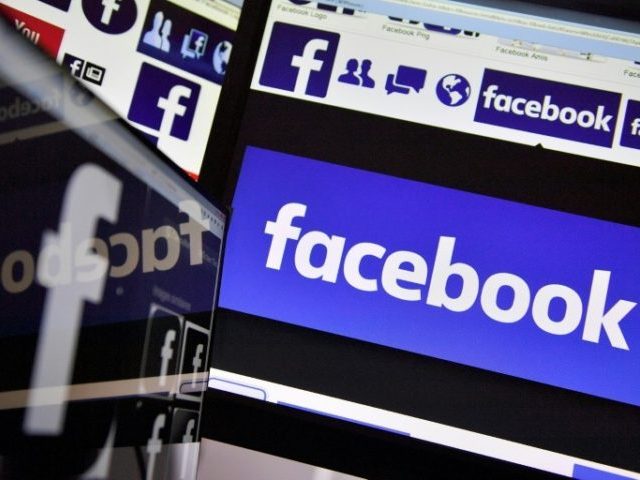Facebook has told MPs conducting a “fake news inquiry” it has found no new evidence of a coordinated attempt by Russian-linked accounts to target voters in the Brexit campaign and influence the vote.
The revelations come after MPs in the Commons Digital, Culture, Media and Sport Committee ordered Facebook to try harder to reveal a Russian conspiracy.
In December, Facebook reported just 71p ($0.97) had been spent by Russian-based actors on ads targeting British users in the lead up to the European Union (EU) membership referendum.
However, the Commons committee, led by Damian Collins, insisted Facebook had not answered its questioning and forced the company to investigate further.
Mr. Collins is an avid supporter of the EU who has threatened “sanctions” against social media platforms unless they hand over the information he is demanding.
Anti-Brexit campaigners have consistently argued Brexit voters were duped by the Russians into voting to leave the bloc, and the Mr. Collins refused for a second time this week to accept Facebook’s findings that Russian intervention was minimal.
Damian Collins: Britain’s Russian Inquiry Chief is a Hardline Remainer, Quoted Soros, Spread Govt Fake News Over Brexit https://t.co/Xuf0NeaAkY
— Breitbart London (@BreitbartLondon) February 11, 2018
Facebook responded to Mr. Collins in a letter published this Wednesday, writing that the latest investigation the company undertook in mid-January to try to “identify clusters of coordinated Russian activity around the Brexit referendum that were not identified previously” had been unproductive.
“The investigation team found no additional coordinated Russian-linked accounts or Pages delivering ads to the UK regarding the EU Referendum during the relevant period, beyond the minimal activity we previously disclosed,” added Simon Milner, Facebook’s UK policy director.
Mr. Collins responding on the same day by once again demanding Facebook keeps searching for a Russia-link, as well giving them a strict deadline. He wrote:
“Although we welcome Facebook’s continued cooperation with our investigation with this letter today, there are still several outstanding pieces of information that they promised to the Committee when they gave evidence to us in Washington D.C. on 8th February.
“I look forward to them sharing with us, amongst other information: the exact number of accounts that they have suspended; how they are resourcing their fight against bots; their methodology of how they identify fake accounts; and how they determine what country those accounts come from.
“They have promised this to us in full by 14th March 2018.
“We have also asked Facebook for further points of clarification relating to the letter they have given to us today.”
Russia-Linked Tweets on Brexit Were Minimal, Finds Oxford Study https://t.co/A0A14isbLp
— Breitbart London (@BreitbartLondon) December 19, 2017
Representatives of Twitter have similarly found that Russian attempts to influence Brexit on their platform were minimal.
Earlier this month, Twitter’s head of UK policy Nick Pickles revealed the Russia-linked accounts spend just £1 on ads and accounted for just 0.005 per cent of the total number that tweeted about the referendum.
“These accounts collectively posted 942 tweets, representing less than 0.02 per cent of the total tweets posted about the referendum during the campaign,” he added.
Researchers at Oxford University came to a similar conclusion in December, identifying just 105 Russia-linked Twitter accounts that posted about Brexit in the run-up to the referendum

COMMENTS
Please let us know if you're having issues with commenting.